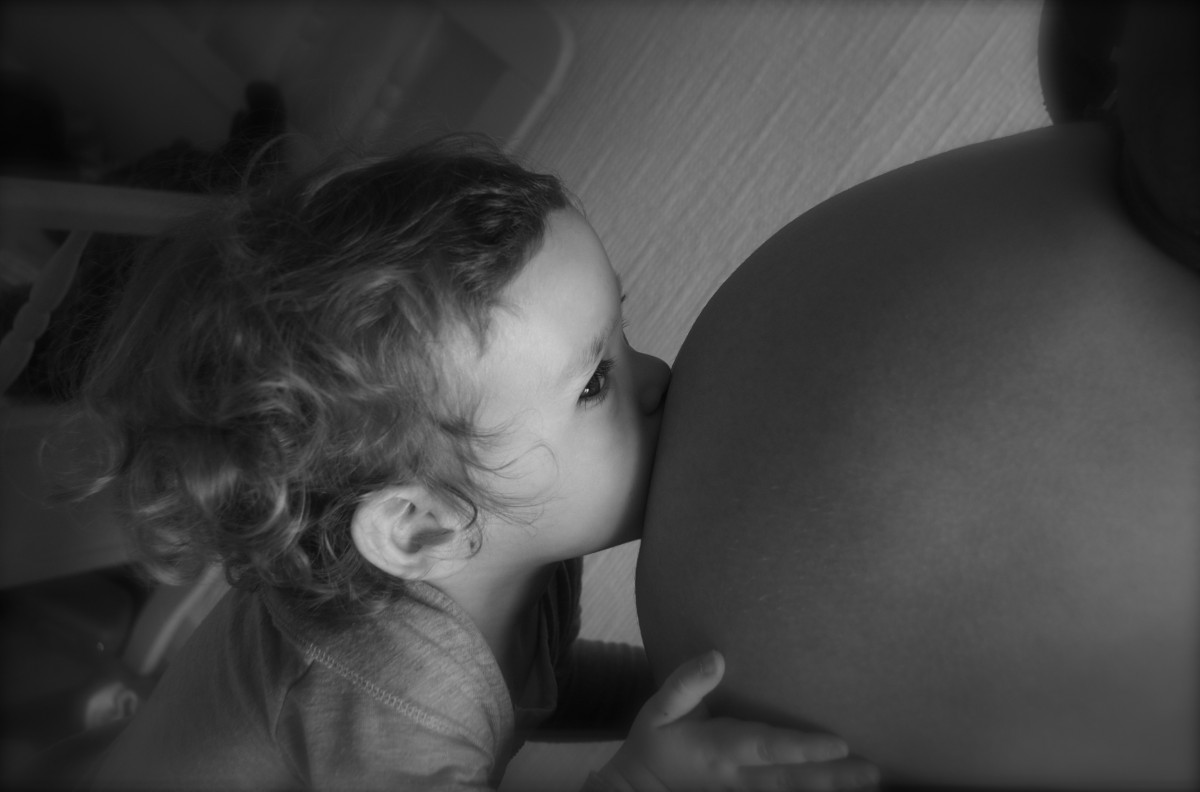Simple hygiene strategies are very effective at preventing the spread of congenital cytomegalovirus, an important cause of infant disability
GPs are being urged to give pregnant women hygiene advice to protect against cytomegalovirus (CMV), the most common congenital infection and an important cause of disability in Australia.
The Cerebral Palsy Alliance and the Congenital CMV Association of Australia are partnering with the NSW Department of Health to promote CMV prevention, and plan to send GPs posters and information pamphlets to share with their patients on the topic.
Congenital CMV impacts around 400 infants every year, causing severe hearing loss, vision problems, cerebral palsy, epilepsy and developmental delay. Women who have an active CMV during pregnancy can pass the infection to their unborn baby.
Research indicates that simple hygiene strategies are very effective at preventing the spread of CMV, and new international consensus guidelines recommend that all pregnant women be educated about prevention measures.
“The message for GPs is it doesn’t have to be a complicated process,” Dr Hayley Smithers-Sheedy (PhD), a research fellow at the Cerebral Palsy Alliance Research Institute, said.
“The recommendation is to pass on information to pregnant women or women planning a pregnancy about these simple hygiene strategies.”
GPs currently take pregnant women through the risks of catching toxoplasmosis from cat litter, and listeria from seafood. But research shows that Australian GPs rarely discuss CMV; only about 19% said they felt confident giving advice and answering questions about CMV in a study published last year.
To counsel pregnant women about CMV, GPs would explain that the virus usually spreads through contact with urine and saliva from young children. Infected children and adults may have cold-like symptoms, but most will remain well.
Around one in three children (and more than half of adults) have previously been infected with CMV, with the inactive virus remaining in the body for life. Only the active virus poses a threat to pregnant women, however.
Previously infected women can experience reactivation of dormant CMV, or they can catch a new strain of the disease, both of which put the fetus at risk.
Pregnant women who work in childcare or who have toddlers at home can pick up CMV through contact with saliva-drenched toys or used tissues, during nappy changes, or by sharing eating utensils or toothbrushes with young children.
GPs would advise pregnant woman to wash their hands for at least 15 seconds with soap and water and dry them thoroughly after close contact with young children.
Pregnant women can also clean toys, countertops and other surfaces that come into contact with children’s urine, mucus or saliva with simple detergent and water.
This information is provided in a pamphlet available online (bit.ly/2nB0MG3) and a new awareness video (https://youtube/Bh6WgbGvTd8).
“It’s a good, simple message to get out,” Dr Smithers-Sheedy said.


